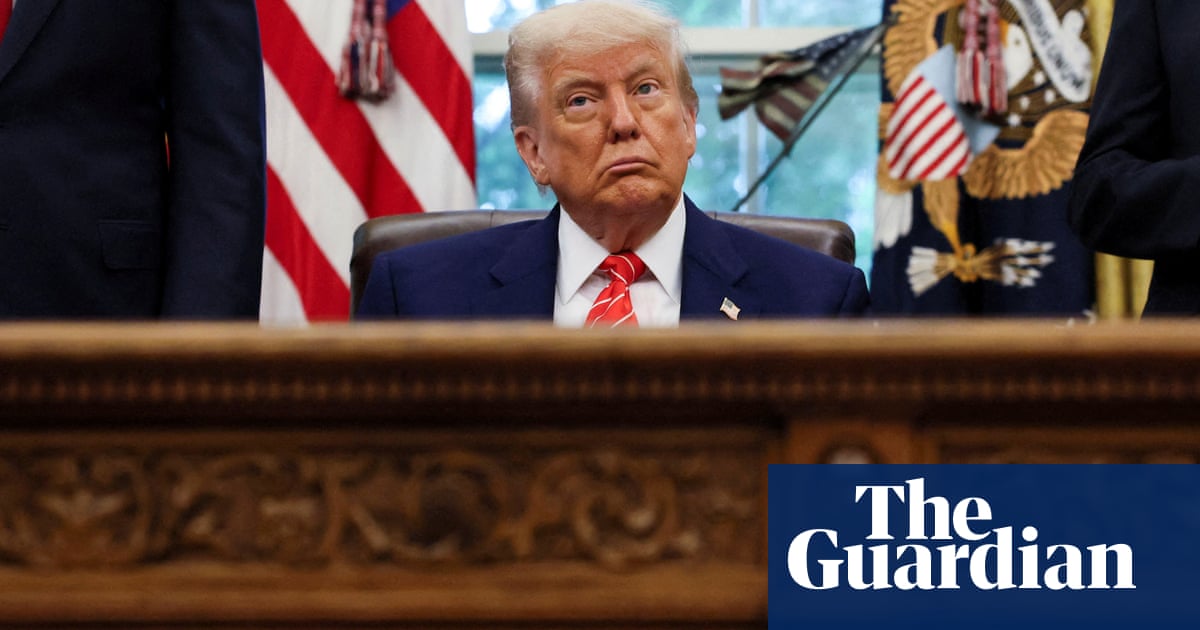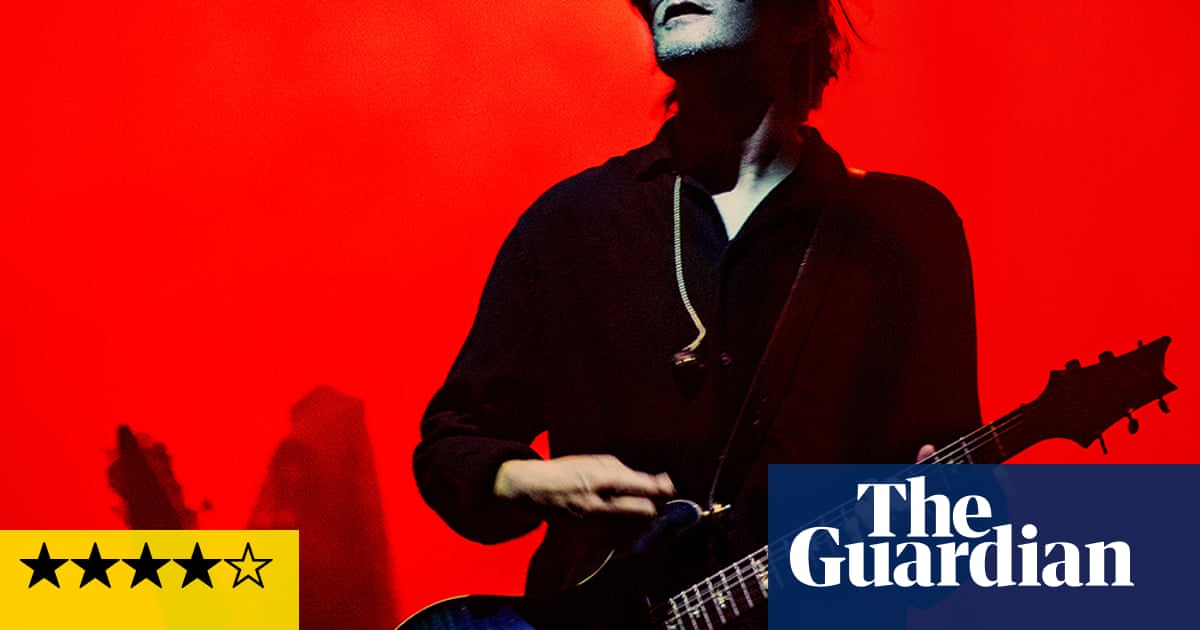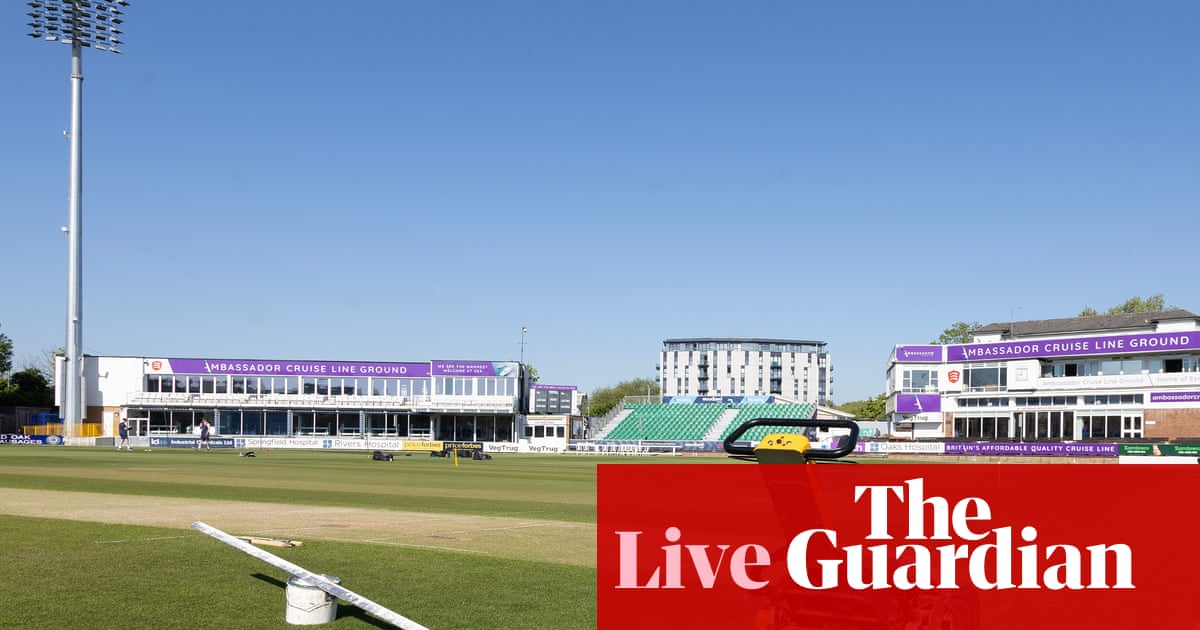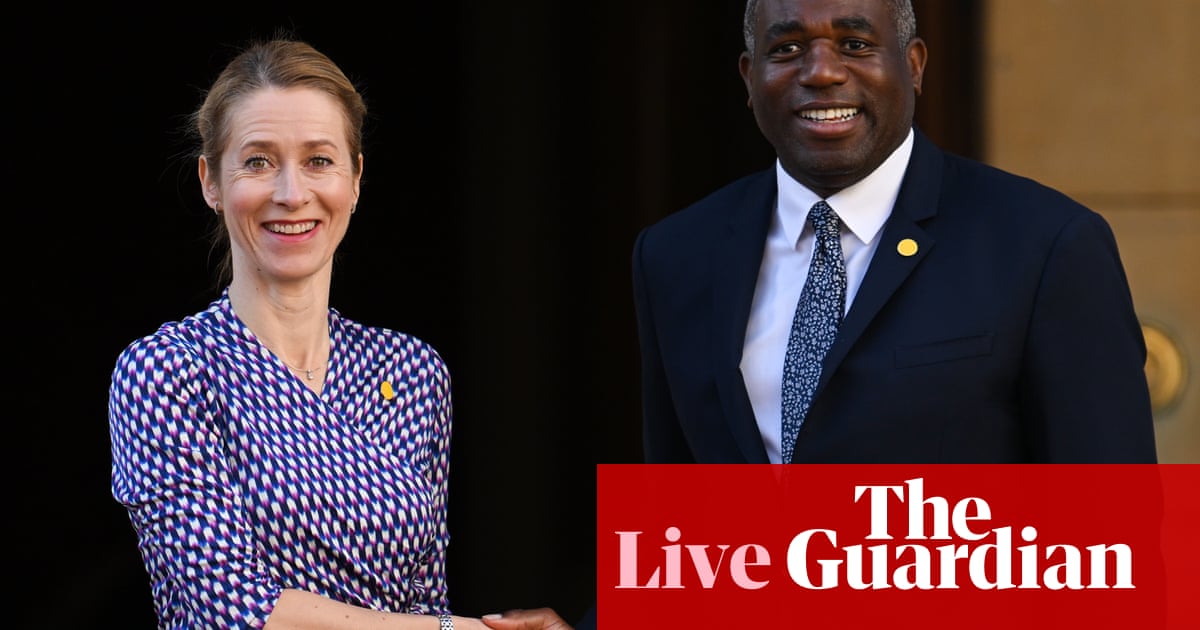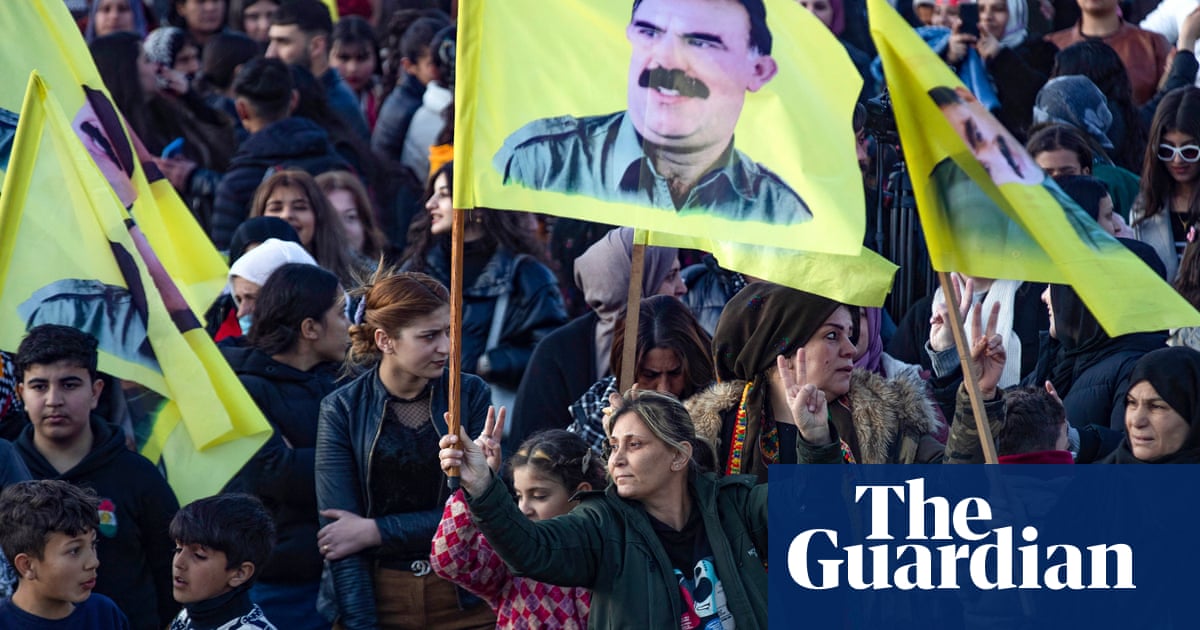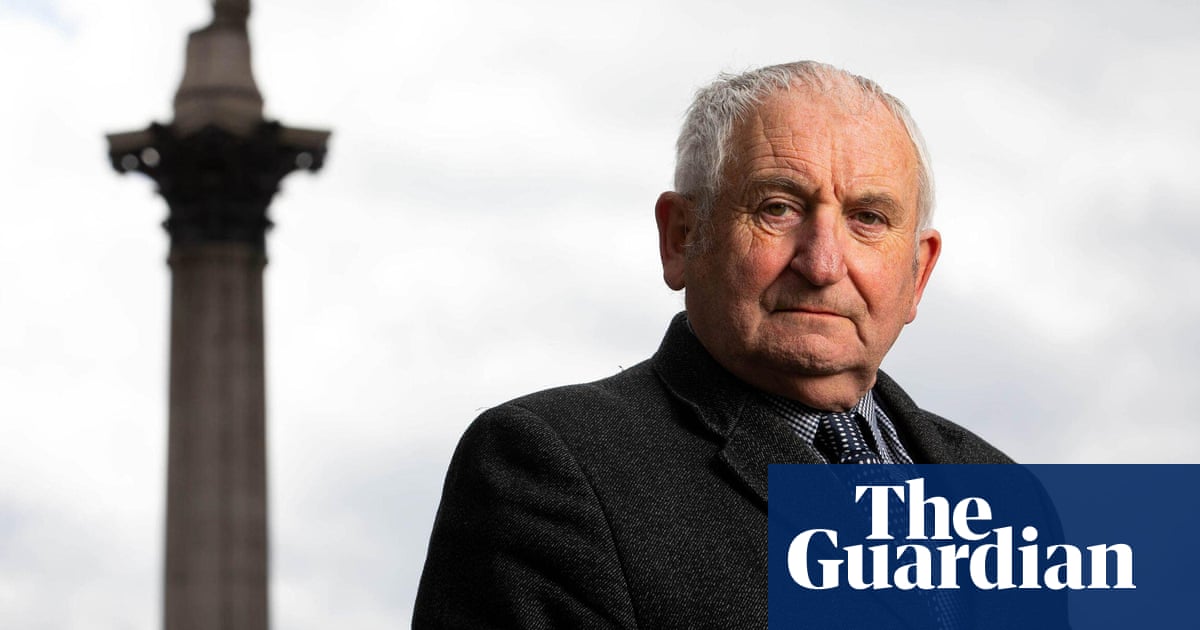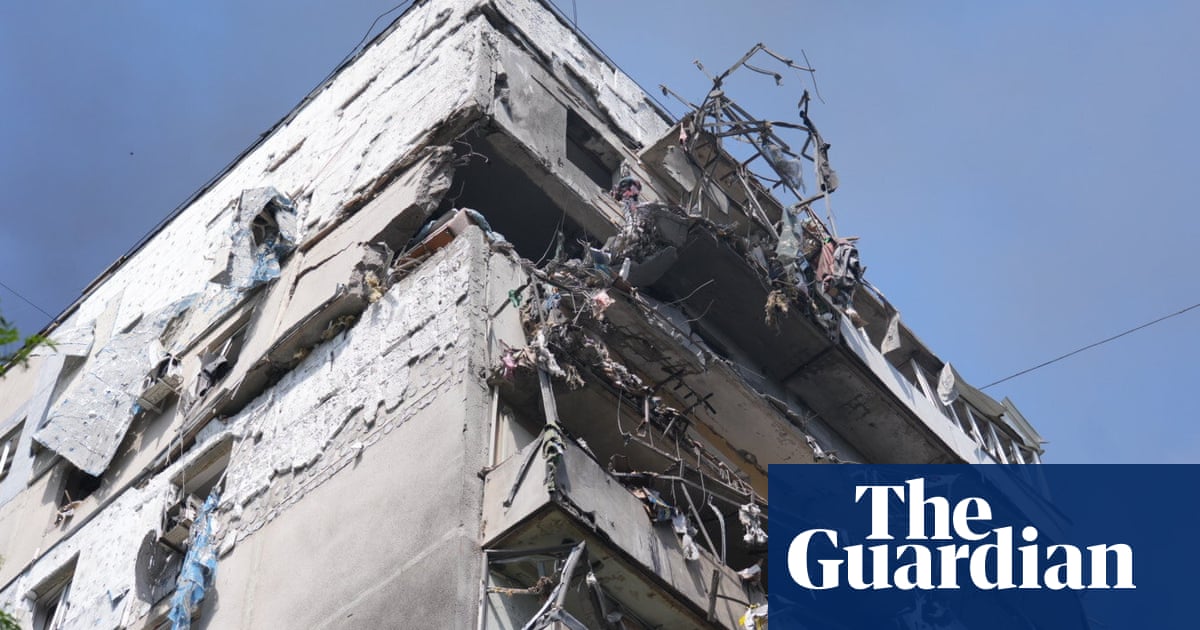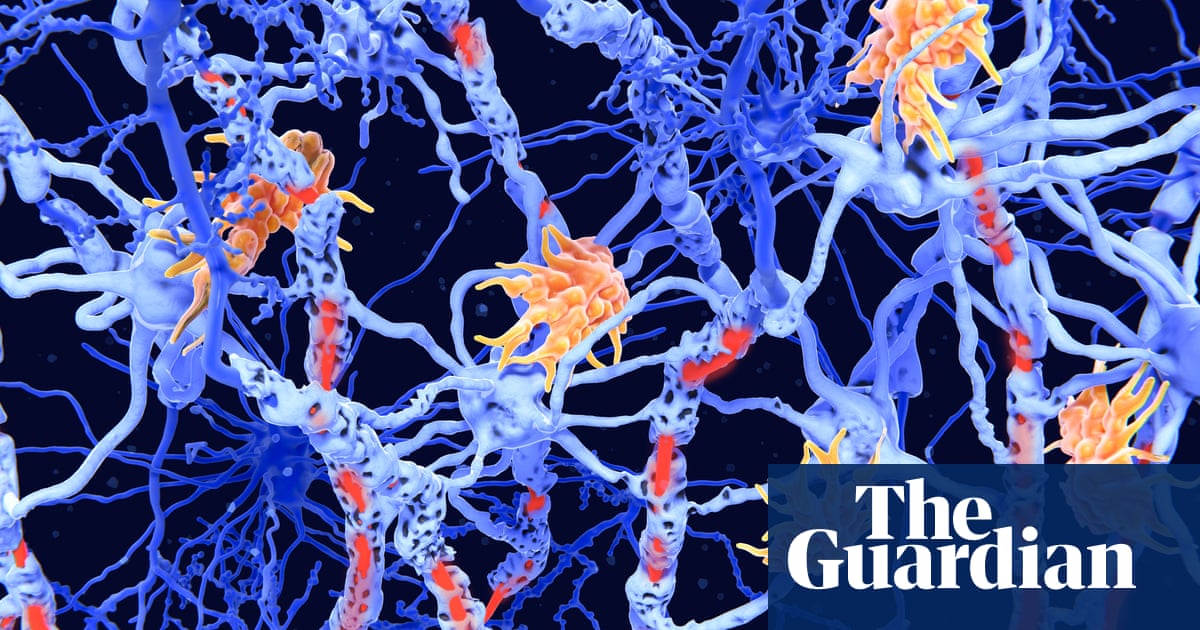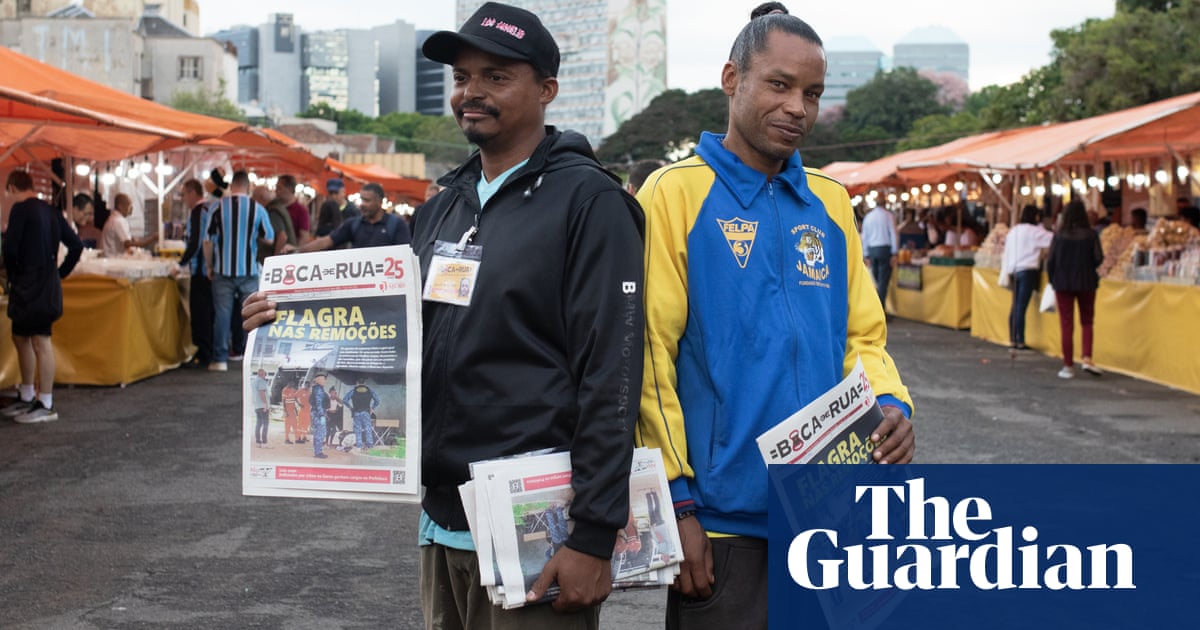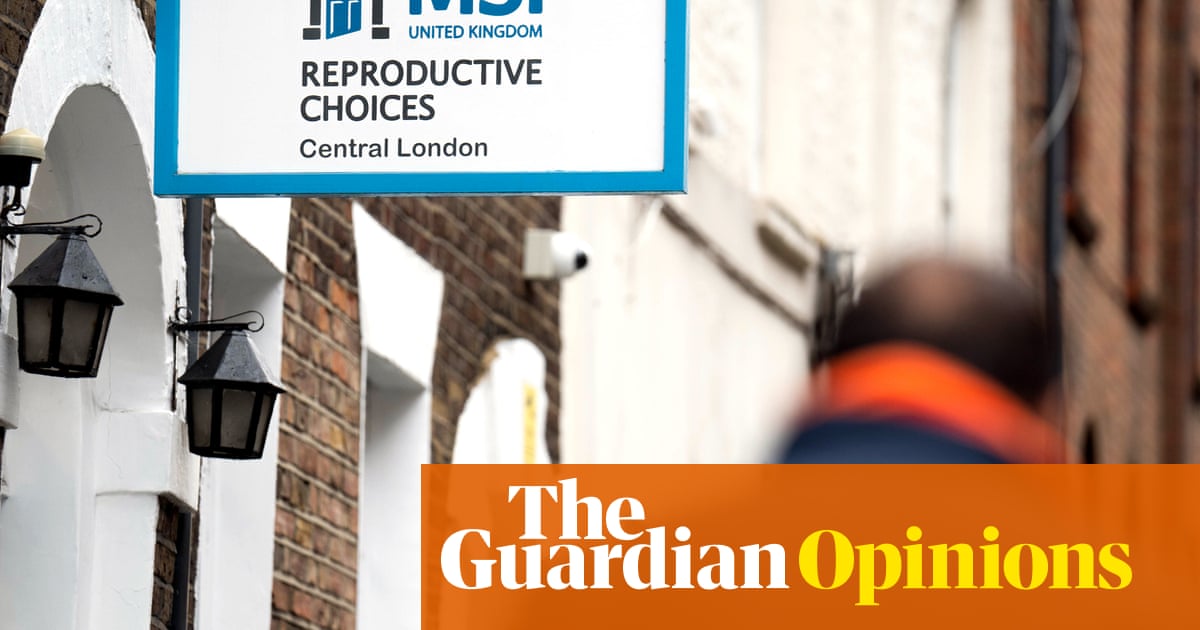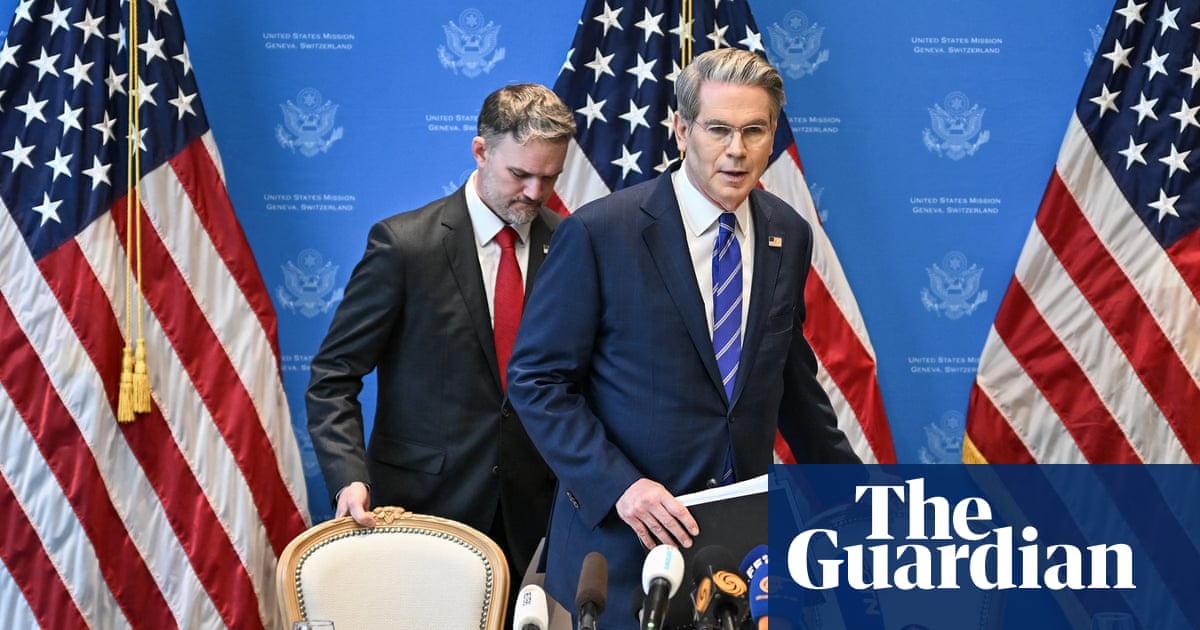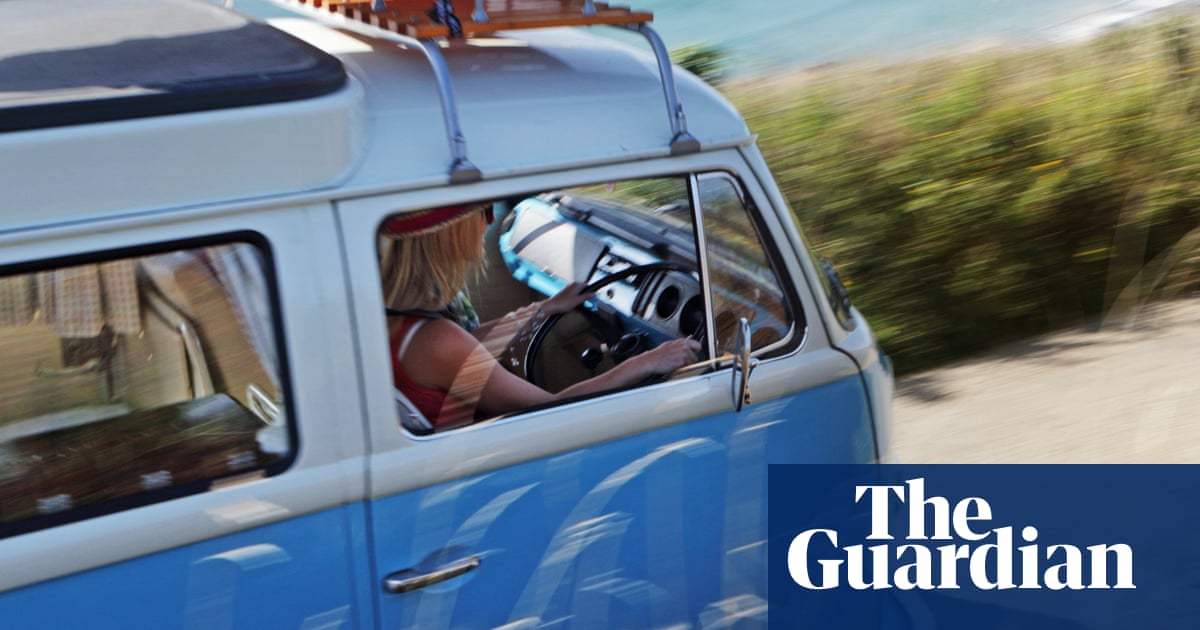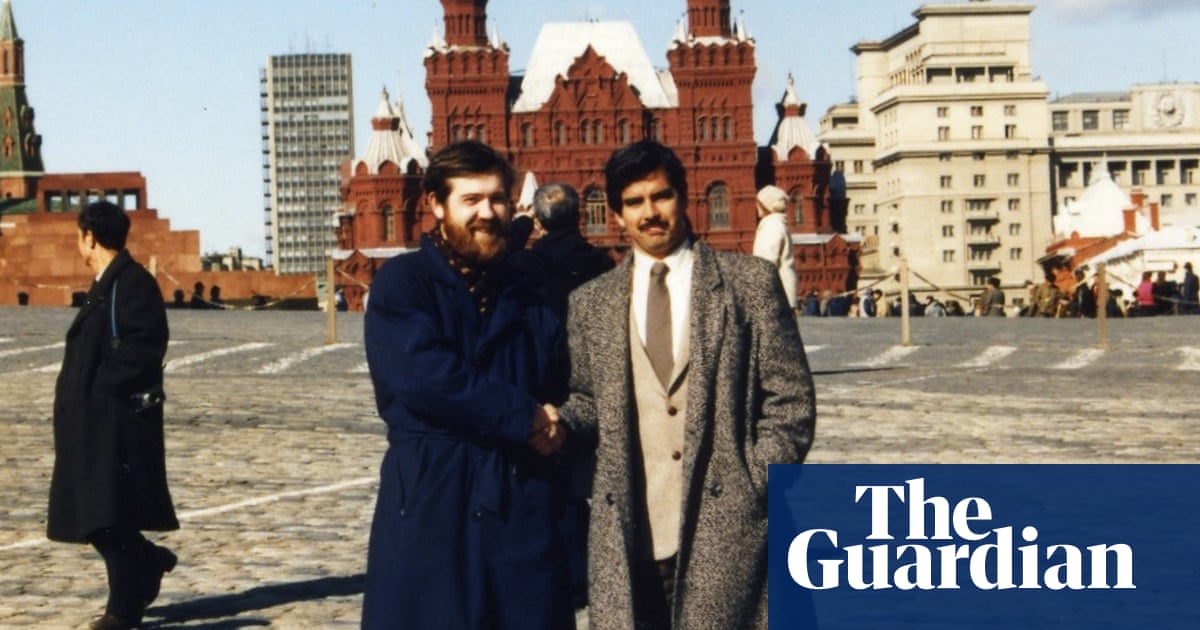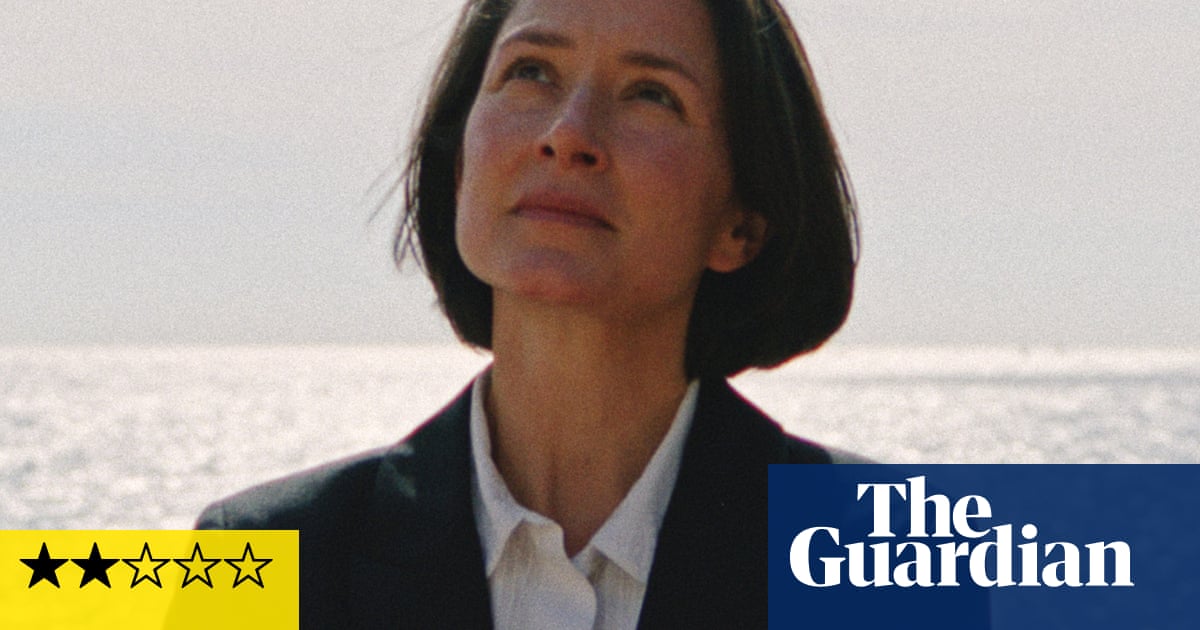Norway is to hand over the leadership of an intergovernmental body comprising countries with territory in the Arctic after what its foreign minister called a “difficult two years”, during which there have been unprecedented tensions within the group’s membership related to Russia’s war in Ukraine and Donald Trump’s threat to seize Greenland.
The Arctic Council requires consensus from all eight Arctic states – the US, Russia, Canada, Finland, Iceland, Norway, the kingdom of Denmark, which includes Greenland, and Sweden – for all decisions and statements.
Despite seismic divisions among its membership being played out under the global spotlight – particularly in relation to Russia, and, since Trump’s re-election, the US – the council remains active and intact.
The Norwegian foreign minister, Espen Barth Eide, will hand over the rotating two-year chair to Greenland’s foreign minister, Vivian Motzfeldt, at a meeting of the council on Monday.
Denmark is due to take the presidency but in a signal that Copenhagen is attempting to reset its relations with Greenland – a former Danish colony that remains part of the Danish realm – after Trump’s advances, Greenland is taking the chair.
“It’s been a difficult two years to be frank because the global backdrop, the international backdrop, has made it impossible to have full business as usual,” Eide told the Guardian. “But we were very eager to keep the council together, to maintain its membership and to have activity, and we are pleased to report that we achieved that.”
He admitted that their goals – including on the oceans, the climate crisis and people in the north – were “limited” but said the council, formed in 1996, had managed to maintain working relations despite considerable strain since the full-scale invasion of Ukraine.
“We were able to keep it together,” he said. “And in contrast to some other formats, nobody has left and nobody has suggested that we should not continue our work, and slowly, slowly, we were able to develop some practical cooperation.”
The next two years could present even greater challenges as Trump continues to make threats about taking control of Greenland, and amid volatile relations between the US and its Arctic neighbours and changing dynamics between the US and Russia. China is also a growing presence in the region.
For a long time, Eide said, the council had managed to shield itself from politics farther south, but since the invasion of Ukraine that had become impossible. In spite of the changes, he believes it is vital to maintain Arctic unity.
“There is still a desire to maintain a full circumpolar Arctic council in which all Arctic states are members,” he said. “There are exactly eight countries bordering the Arctic and they are all members and we would not be happy if that was fragmented into different organisations.”
Despite this, Norway, like all of the Nordic countries, has dramatically changed its outlook on Russia, after relations had warmed considerably since the cold war with the two countries continuing to cooperate on the Barents Sea.
after newsletter promotion
Just last week, Norway launched its first ever national security strategy in response to what it described as “the most serious security situation our country has faced since the second world war”.
Eide said they did not believe threat of attack was imminent but that it was “due diligence to be prepared”, especially with the world’s largest concentration of nuclear weapons “just outside our window” on Russia’s Kola peninsula.
He said violent conflict was unlikely to be triggered in the Arctic, but the region could prove critical if there were “a larger international conflict between east and west”.
“Then the Arctic is very relevant because it’s the shortest route for missiles and planes and so on between Russia and North America, and that has always been very much on our radar,” he said.

.png) 7 hours ago
4
7 hours ago
4

